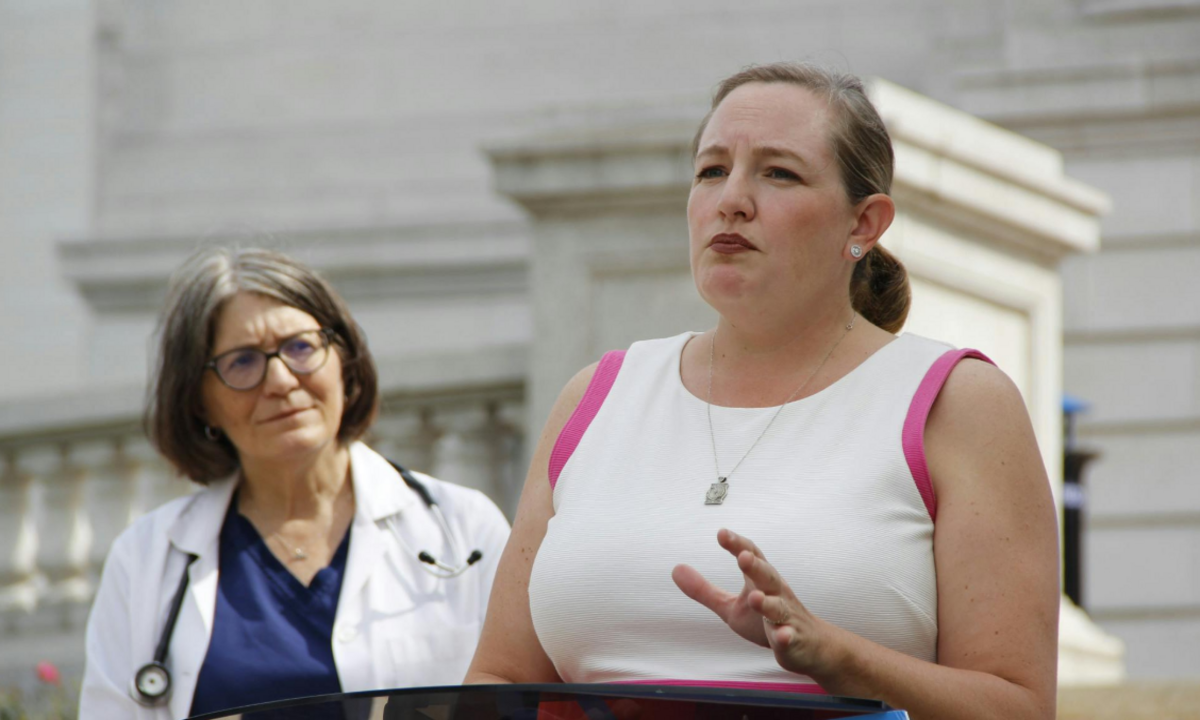Sen. Kelda Roys, a Democrat from Madison, is working to reintroduce legislation that would allow Wisconsin state universities to begin classes on September 1, aligning their academic calendars with K-12 schools in the state.
This proposal, which she previously introduced last session, aims to simplify scheduling for students and faculty while ensuring a smoother academic transition across education levels.
The Current Law and Proposed Changes
Under the existing law, fall semester classes for the University of Wisconsin System can only start after September 1, except for a few exceptions. However, Wisconsin’s K-12 public schools follow a rule that mandates their start on or after September 1. Roys argues that this slight difference creates unnecessary challenges for university scheduling and that a simple wording change in the statute could fix the issue.
“This is the kind of detail that politicians really should not be dictating,” Roys told The Daily Cardinal. “There isn’t a valid public policy reason for universities to start after September 1 rather than on that date.”
Last year, Roys introduced a bill proposing that UW System classes be permitted to start on or after September 1 each year. Despite support from various education stakeholders, the bill, along with a similar one introduced in the Assembly, failed to pass. Nonetheless, Roys remains hopeful that Democrats and Republicans will find common ground this year to approve the change.
Challenges Posed by the Current Law
University administrators, especially at UW-Madison, have voiced concerns about the scheduling difficulties caused by the existing regulation. Since the fall semester must start after September 1, universities often have limited flexibility in structuring their academic calendars. This leads to compressed instructional periods, shorter breaks, and final exams extending dangerously close to Christmas Eve.
In 2021, for example, UW-Madison scheduled final exams through December 23, making it difficult for Wisconsin students to travel home for the holidays. “It just causes a cascade of complications that are ridiculous for no reasonable governmental purpose,” Roys explained.
Roys further emphasized that the bill doesn’t necessarily require universities to start earlier, but it gives them the flexibility to do so if needed. This flexibility could allow institutions to introduce a fall break, spread out instructional days more effectively, and avoid the stress of final exams extending too close to the holiday season.
Legislative Hurdles and Political Landscape
Although the change seems logical and beneficial to students and faculty alike, Roys acknowledges the political barriers in passing such legislation. She believes the bill is a “no-brainer,” yet it has faced resistance. “There is no reason to oppose this bill other than trying to poke a finger in the eye of higher ed,” she said. “That being said, the Legislature is kind of a fickle place, and the only bills that have been getting any attention are these very extreme far-right wing bills. We’ll see how the session shapes up.”
Despite these challenges, Roys remains committed to advocating for policies that improve higher education in Wisconsin.
University Decision-Making and Autonomy
The UW System Board of Regents, Faculty Senate, and state and federal regulations collectively shape the academic calendar for Wisconsin universities. According to the Office of the Secretary of the Faculty at UW-Madison, faculty members have the authority to establish the university’s academic calendar, but they must operate within the constraints set by state laws.
Allowing universities to decide whether to start on or after September 1 would grant them greater autonomy in setting schedules that best serve Wisconsin students, faculty, and staff.
Conclusion
If passed, this legislation would provide universities with much-needed flexibility to better align their calendars with K-12 schools, improve instructional planning, and ensure that students can travel home for the holidays without academic stress. As the legislative process unfolds, it remains to be seen whether bipartisan support will help push this bill forward.
Disclaimer—Our team has checked this article to ensure its accuracy and eliminate any misinformation. We are committed to providing clear and reliable information for our readers.


